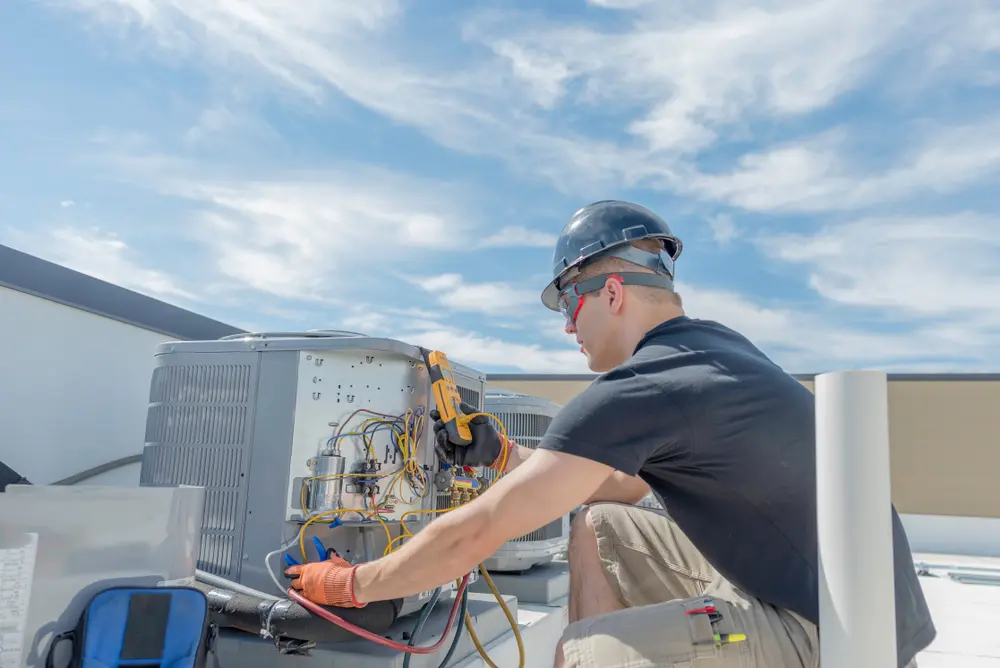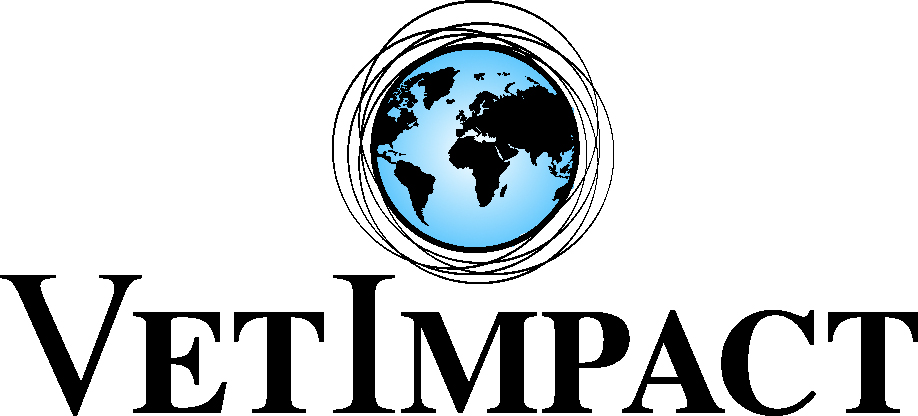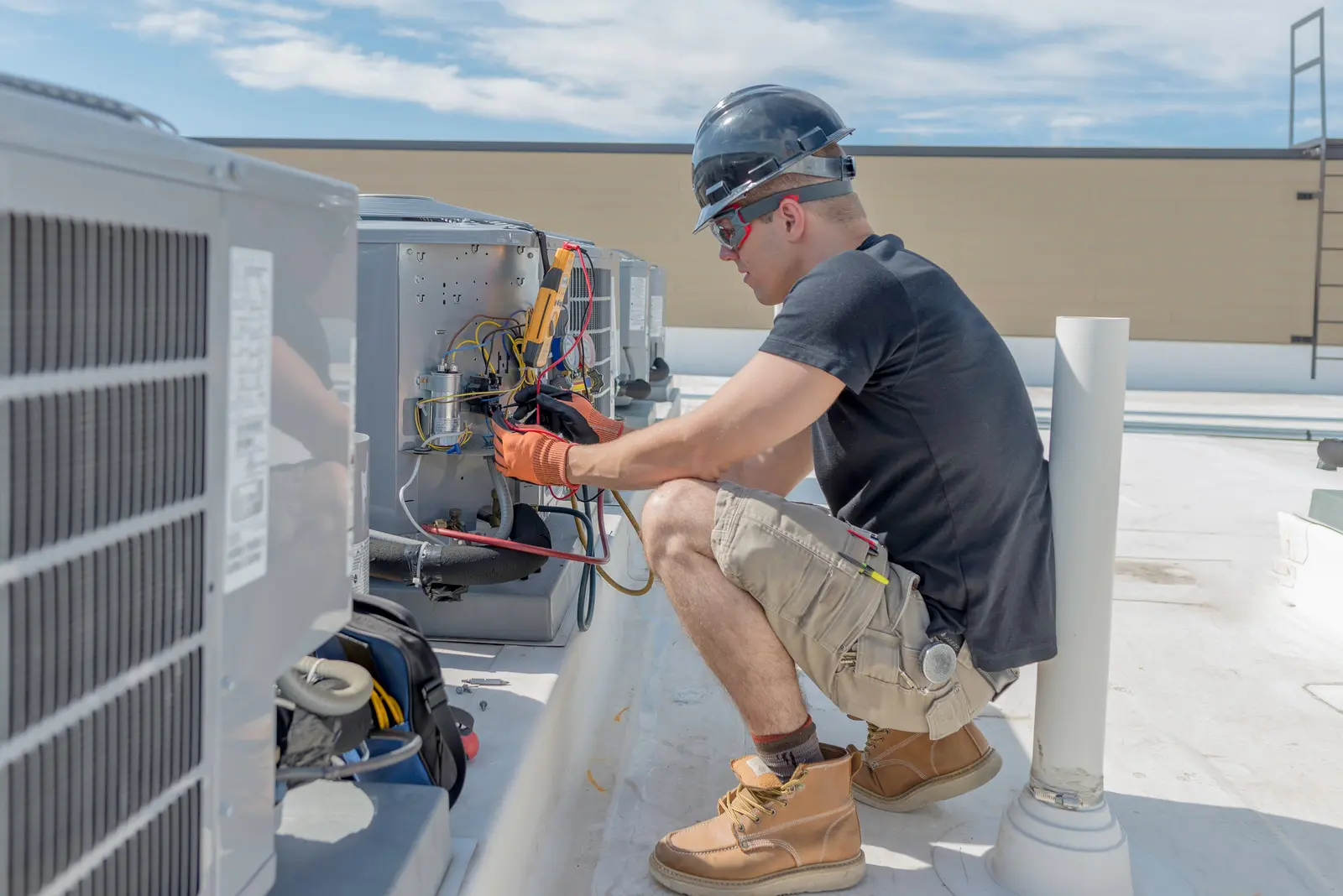In the realm of HVAC systems, troubleshooting plays a vital role in maintaining optimal performance and efficiency. By proactively addressing potential issues, HVAC system owners can empower their systems to operate at their best, avoiding costly repairs and downtime.
In this article, we will explore the concept of proactive troubleshooting and its impact on HVAC system functionality. We will discuss the benefits of this approach, including improved energy efficiency, extended equipment lifespan, and enhanced indoor comfort.
Additionally, we will delve into the key steps involved in proactive troubleshooting, such as regular maintenance, timely repair, and advanced diagnostics techniques.
By understanding the importance of proactive troubleshooting and incorporating it into regular HVAC system maintenance, owners can ensure smooth operations, reduce energy consumption, and save costs in the long run.
Join us as we uncover how proactive troubleshooting can empower your HVAC system.
Key Takeaways
- Proactive troubleshooting ensures optimal performance and longevity of HVAC systems.
- Identifying and addressing issues before they escalate into major problems helps avoid costly repairs and downtime.
- Proactive troubleshooting helps in identifying potential energy efficiency issues and making necessary adjustments to save on utility costs.
- Regular maintenance and troubleshooting can extend the lifespan of HVAC systems, saving money in the long run.
Common HVAC System Troubleshooting Issues
Common HVAC system troubleshooting issues can often be resolved by identifying and addressing specific problems.
One common issue is inadequate airflow, which can be caused by dirty air filters, blocked vents, or a malfunctioning blower motor.
Another common problem is uneven heating or cooling throughout the space, which may be due to a faulty thermostat, improper ductwork design, or a malfunctioning zone control system.
Additionally, HVAC systems may experience refrigerant leaks, which can lead to decreased cooling performance and increased energy consumption.
Electrical issues, such as tripped breakers or faulty wiring, can also disrupt the operation of an HVAC system.

Importance of Proactive Troubleshooting for HVAC Systems
To ensure optimal performance and longevity of your HVAC system, it is crucial to understand the importance of proactive troubleshooting.
HVAC systems are complex and consist of various components that work together to maintain a comfortable indoor environment. However, over time, these components can experience wear and tear, leading to decreased efficiency and potential breakdowns.
By proactively troubleshooting your HVAC system, you can identify and address any issues before they escalate into major problems. This allows you to avoid costly repairs and downtime, ensuring that your system operates at its best.
Proactive troubleshooting also helps in identifying any potential energy efficiency issues, allowing you to make necessary adjustments and save on utility costs.
Additionally, regular maintenance and troubleshooting can extend the lifespan of your HVAC system, saving you money in the long run.
Signs and Symptoms of HVAC System Problems
The detection and identification of potential issues in an HVAC system can be facilitated through the recognition of signs and symptoms indicative of system problems. Being aware of these signs and symptoms is crucial in order to address any issues promptly, prevent further damage, and ensure the optimal functioning of the HVAC system.
One common sign of a problem is reduced airflow, which can be caused by clogged filters, ductwork issues, or problems with the blower motor.
Unusual noises, such as grinding or squealing sounds, can also indicate a problem with the system.
Inconsistent or inadequate heating or cooling, frequent cycling on and off, and increased energy bills are further symptoms that may indicate underlying issues.
It is important to pay attention to these signs and symptoms and promptly seek professional assistance to diagnose and resolve any problems with the HVAC system.
DIY Troubleshooting Techniques for HVAC Systems
With the aim of empowering your HVAC system, it is essential to familiarize yourself with effective DIY troubleshooting techniques. These techniques can help you identify and resolve common issues without the need for professional assistance, saving you time and money.
One of the first troubleshooting techniques is checking the thermostat settings. Ensure that it is set to the desired temperature and mode.
Next, inspect the air filters and clean or replace them if necessary. Clogged filters can restrict airflow and affect the system’s performance.
Additionally, check the circuit breakers and ensure that they haven’t tripped. If they have, reset them and monitor the system for any recurrent issues.
Lastly, inspect the outdoor unit for any debris or obstructions that may hinder its efficiency.
Benefits of Regular HVAC System Maintenance
Regular HVAC system maintenance provides numerous benefits to homeowners and businesses alike, ensuring optimal performance and longevity for their heating, ventilation, and air conditioning systems. By scheduling regular maintenance, individuals can prevent costly breakdowns and extend the lifespan of their HVAC equipment.
One of the key benefits of maintenance is improved energy efficiency. A well-maintained HVAC system operates more efficiently, reducing energy consumption and lowering utility bills.
Additionally, regular maintenance helps maintain indoor air quality by keeping filters clean and removing dust, allergens, and pollutants from the air. This is especially important for individuals with allergies or respiratory conditions.
Furthermore, maintenance appointments allow technicians to identify and resolve potential issues before they worsen, saving homeowners and businesses from unexpected repairs and disruptions to their comfort.
Hiring Professional HVAC Technicians for Troubleshooting
To ensure the effective troubleshooting of your HVAC system, it is essential to hire professional technicians with expertise in the field. HVAC systems are complex and require specialized knowledge to diagnose and address issues accurately. Professional technicians have undergone extensive training and have the necessary experience to handle various troubleshooting scenarios. They are well-versed in the intricacies of HVAC systems, including their components, functionality, and potential problems.
Hiring professionals ensures that your HVAC system receives the highest level of care and attention, minimizing the risk of further damage or recurring issues. Moreover, professional technicians have access to the latest tools and equipment, enabling them to perform thorough inspections and precise troubleshooting.
Frequently Asked Questions
Can HVAC System Troubleshooting Issues Be Easily Resolved Without Professional Help?
HVAC system troubleshooting issues can often be resolved without professional help. However, it is important to have a basic understanding of the system and follow proper safety procedures. If the issue persists or becomes complex, it is advisable to seek professional assistance.
What Are Some Common Signs and Symptoms of HVAC System Problems?
Common signs and symptoms of HVAC system problems include inadequate cooling or heating, strange noises, unpleasant odors, and increased energy bills. Identifying these issues early through proactive troubleshooting empowers your HVAC system by preventing further damage and ensuring efficient operation.
Are There Any DIY Troubleshooting Techniques That Can Help Solve HVAC System Issues?
Yes, there are several DIY troubleshooting techniques that can help solve HVAC system issues. These techniques include checking for power supply, inspecting filters, cleaning coils, and ensuring proper airflow. Regular maintenance can also prevent future problems.
What Are the Benefits of Regular HVAC System Maintenance?
Regular HVAC system maintenance offers several benefits. It ensures optimal performance, extends the lifespan of the system, improves energy efficiency, enhances indoor air quality, and helps prevent costly breakdowns. Overall, it provides peace of mind and saves money in the long run.
When Should I Consider Hiring a Professional HVAC Technician for Troubleshooting?
When experiencing HVAC system issues, it is advisable to hire a professional technician for troubleshooting. They possess the technical expertise and knowledge to accurately diagnose and resolve complex HVAC problems, ensuring optimal performance and efficiency.
Conclusion
In conclusion, proactive troubleshooting is essential for empowering HVAC systems to operate at their best. By addressing potential issues before they escalate, system owners can improve energy efficiency, extend equipment lifespan, and enhance indoor comfort.
Regular maintenance, timely repairs, and advanced diagnostics techniques are key steps in proactive troubleshooting. System owners should prioritize proactive troubleshooting as part of regular HVAC system maintenance to ensure smooth operations, reduce energy consumption, and save costs in the long run.
You may also like to read:
Understanding the Homeowners Insurance policy and types of coverage






